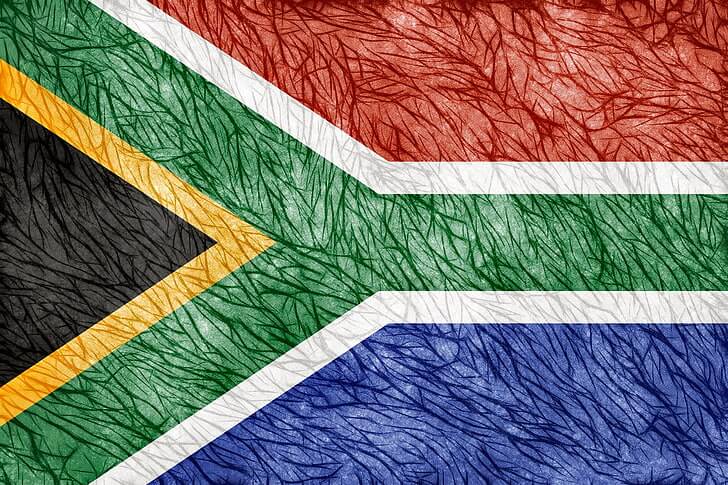
South Africa: Only 1.7% Hospitalised From Omicron
Compared to 19% during previous wave.
By Paul Joseph Watson | Summit
South African Health Minister Joe Phaahla said today that only 1.7% of COVID cases in the current Omicron wave are being hospitalised compared to 19% in the previous wave and that the vast majority of cases are “fairly mild.”
“In the current wave, only 1.7% of COVID cases are being hospitalized, an average of fewer than 350 cases daily over the past two weeks, versus an average of more than 800 in the previous wave, at an average of 19%,” reports Business Tech based on Phaahla’s statement.
Gauteng, the province that includes Johannesburg, has also seen a decline in positivity rate to 25%, meaning the Omicron wave could be past its peak in that region.
According to the data, hospitalisations are also lower across all age ranges, contradicting claims in the UK that it would be hit harder due to its older population.
Boom. In your face, Whitty! Happy Christmas everybody! https://t.co/zHncIk0A6t
— Christopher Snowdon 🇺🇦 (@cjsnowdon) December 17, 2021
As we highlighted yesterday, Phaahla said rates of hospitalisations and deaths remain “relatively low,” adding that there was no need to raise the restriction level and telling South Africans to enjoy their Christmas.
Such good news isn’t apparently welcome to governments in the UK, which continue to impose more draconian measures which have served to all but cancel Christmas, despite the fact that just 15 people have been hospitalised with Omicron and just one person has died.
In England, Professor Chris Whitty appears to be ignoring data out of South Africa to make doomsday predictions about there being over 4,000 hospitalisations a day from Omicron.
There is also a continuing obsession with insisting it is “too early” to make judgments on data coming out of South Africa despite such data for weeks confirming that Omicron is mild and isn’t causing hospitals to be overwhelmed.
This article (South Africa: Only 1.7% Hospitalised From Omicron) was originally published on Summit and is published under a Creative Commons license.
